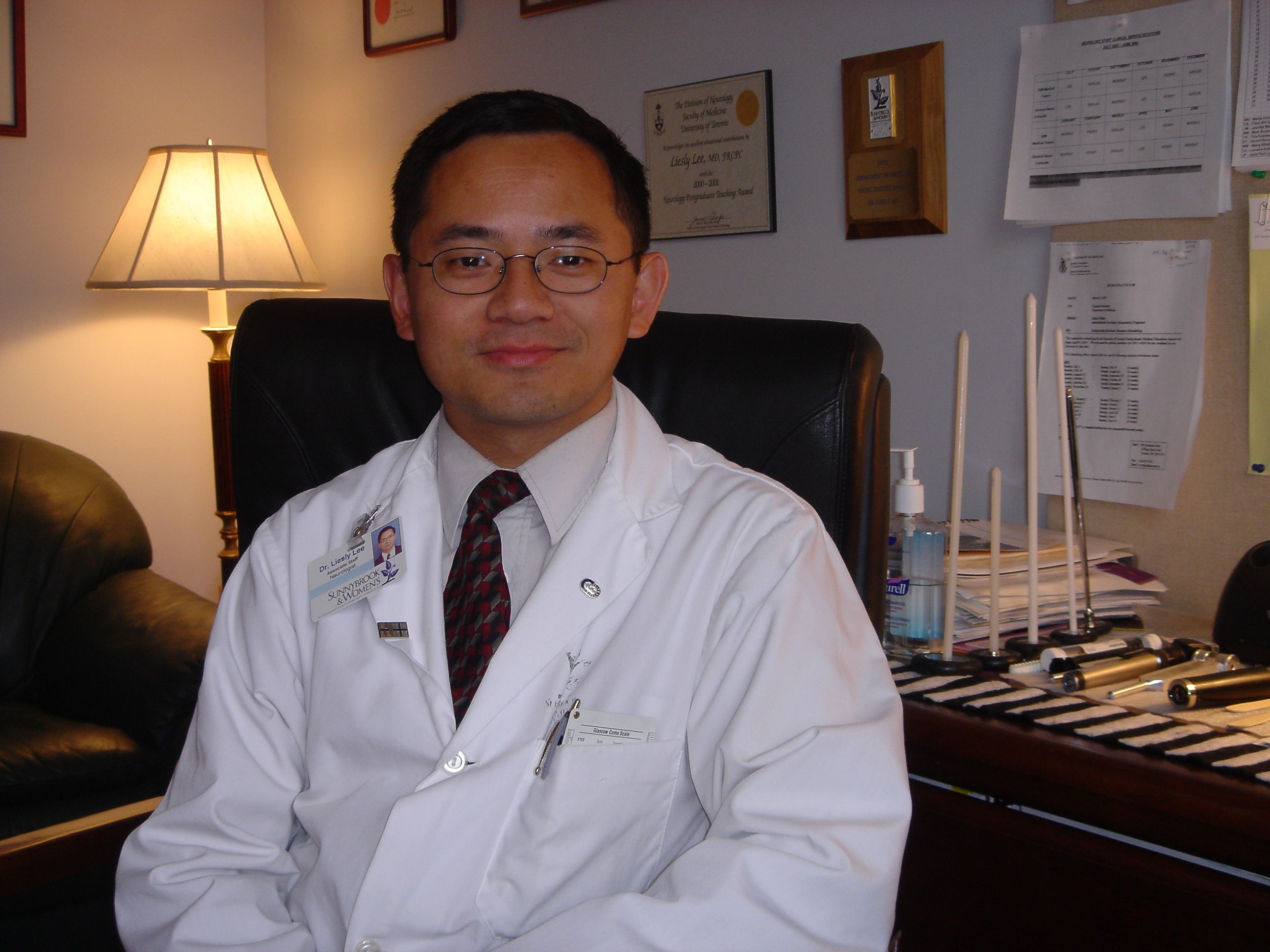Main Second Level Navigation
- Welcome
- Why Toronto?
- History of the Department
- Vision & Strategic Priorities
- Our Leadership
- Our Support Staff
- Location & Contact
- Departmental Committees
- Department of Medicine Prizes & Awards
- Department of Medicine Resident Awards
- Department of Medicine: Self-Study Report (2013 - 2018)
- Department of Medicine: Self-Study Report (2018 - 2023)
- Communication Resources
- News
- Events
Preparing for Retirement

Dr. Liesly Lee

When new faculty are first recruited into an academic position, their interests mainly lay in establishing their clinical practice, proving their clinical competence and confidence amongst peers. They are learning the ropes of running an office and demonstrating academic productivity according to their job description as a teacher or scientist. Some might be expected to pursue higher education still (educational theory, statistics) and guidance from mentors to ensure successful re-appointment and promotion. At the same time, many such members have evolving social circumstances, whether starting a family, raising children or looking after their parents. Thinking about retirement likely is not on their minds, or at the very least, not a priority.
But University recruitment is also dependent on available positions, in view of limited resources. The Department of Medicine has grown over the past two decades and one can appreciate the consequent challenge of recruitment at the University teaching hospitals with limited hospital resources, office space and senior faculty members' reluctance to retire, thus tying up the spots.
Indeed, there are some senior faculty members, through their years of experience and fortitude, that have now established a very unique expertise and their productivity continues to exemplify excellence for the University. However, for many, the transition to retirement is viewed with a sense of dread. The path to succeed in academia has often required many hours of sacrifice and energy that could have precluded opportunities for hobbies and other interests. Trainee/peer accolades, possibly awards, even our “monthly department meetings” certainly contribute to our own sense of belonging and identity, and confirmation of the importance of our work. To suddenly lose those venues leads potentially to loss of social supports and purpose. Furthermore, pensions available in other professions are not necessarily available to academic physicians, and financial pressures may be present. Faculty could perceive a sense of being “pushed out” and abandoned, if the transitional phase has not been planned for.
With the removal of the mandatory age retirement, the automatic opening of positions for new recruitment no longer rings true. Therein lies the tension inherent in academic medicine – more senior faculty appreciate the need to recruit new graduates for continued growth of the organization, but the willingness to relinquish the activity may have the undesired consequences.
Now on the other hand, for some of us, the 60 hour (or more) work week gets harder as time marches on. Not that we can no longer do the work (and in fact, more often, our experience allows us to be more efficient), but there will be a significant proportion of us who wish to cut down on the workload. This is a potential avenue to explore to free up the resources (and space) for younger faculty to take up the slack.
While we are focussing on recruiting new faculty and ensuring their success, we can also explore the other end of the spectrum, looking at helping faculty prepare for the transitional period in which the practice can change, and open up resources for new faculty.
Prudent financial options, and tips on how to establish other interests/hobbies during the career through good examples of successfully transitioned faculty will help change the mindset of an academic physician — even early in their career. This will create an understanding that we will not be working until our very last breath. More importantly, we can move towards a model where we can be flexible in our roles with the University. It can be tailored to our needs and circumstances, where we can still work on a part-time basis. Financially this is still a viable option.
For those who choose to stop clinical activities, retaining many of the university privileges (library access, emails, and free tuition for courses) and the ability to contribute to different roles at the University allows transitioned faculty to provide a valuable resource to the department, while maintaining the option of exploring future interests. The establishment of a meeting place for professor emeriti will ensure we will have a physical place to meet and foster a sense of family belonging to the University through our different phases of academic life.
We do have examples of faculty who have retired well, enjoying their new phases in life. Dr. Robert Hyland, previously physician-in-chief at St. Michael's, shared with me how he gradually reduced his clinical workload and took on less demanding administrative roles before fully retiring after three years. His advice was to plan early with one’s partner, accept the changing roles of not being a physician (just get over it!) and explore other exciting and rewarding pursuits. In Robert's case he began looking after horses, joined a movie and speaker’s club, became a better photographer, skier, and golfer and spent more time with grandchildren! Another great example is Dr. Anne Kenshole, (now Professor Emerita of Medicine, Obstetrics and Gynecology), who relishes the opportunities for “spur-of-the-moment” vacations and the time to read the Globe over a leisurely cup of coffee each morning. She continues to engage in medical activities that include medical-legal work or providing clinical care to unique patient groups in family physician office settings or volunteering with medical care to the Syrian refugees.
In many ways, retirement does not seem like such an bleak outlook – but perhaps another adventure that is attractive in its own way – and yet, also opening up spaces for the newer recruits to spur the academic mission of the University!


